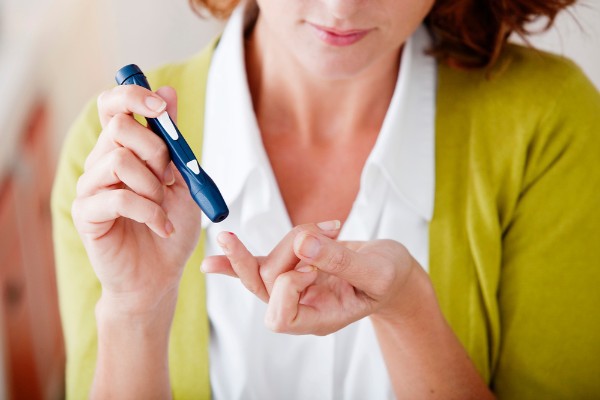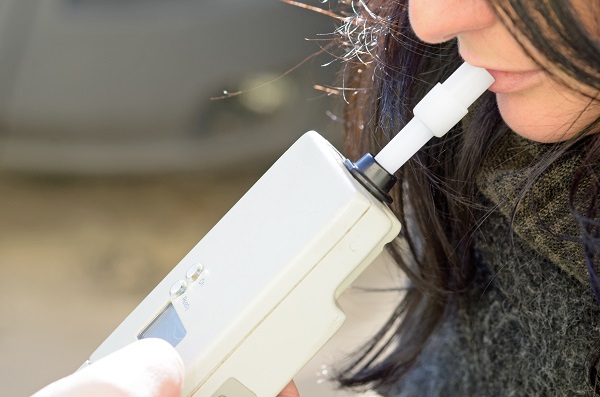Can Diabetes Really Skew Breath Test Results?
When people take breath tests on the roadside during law enforcement traffic stops, many different factors may influence the results – even diabetes. Breathalyzer tests are not perfect, and the effects of diabetes could lead to an inflated blood alcohol concentration (BAC) reading. How Could Diabetes Affect a Breathalyzer Reading? Diabetes impacts the body’s ability to produce or respond to insulin, which is a hormone. When the body cannot use insulin properly or has too little insulin, glucose builds up in the blood. A build-up of glucose in the bloodstream is called high blood sugar, or hyperglycemia. Untreated hyperglycemia can lead the body...
Continue reading



